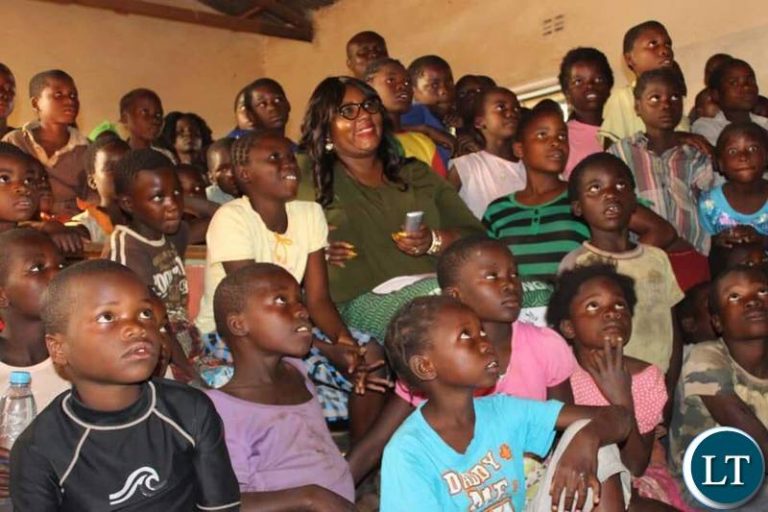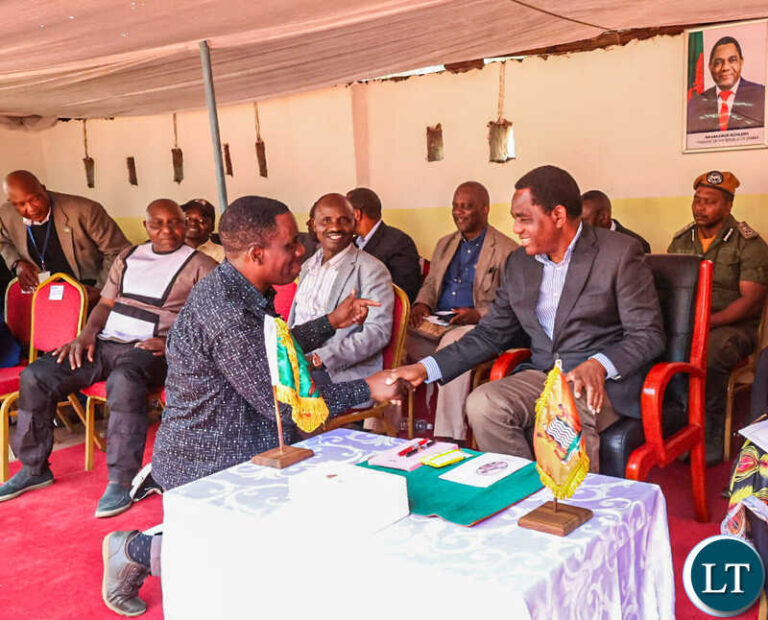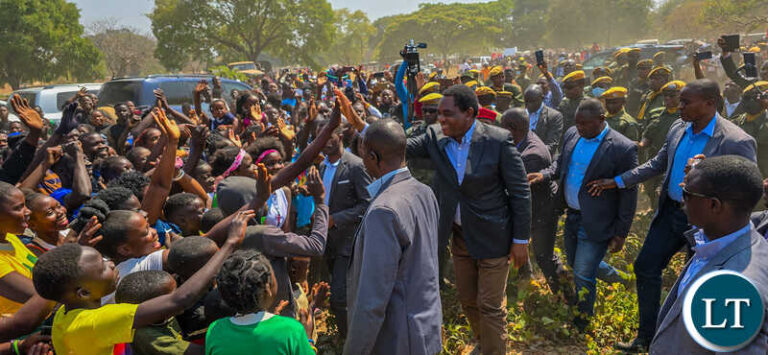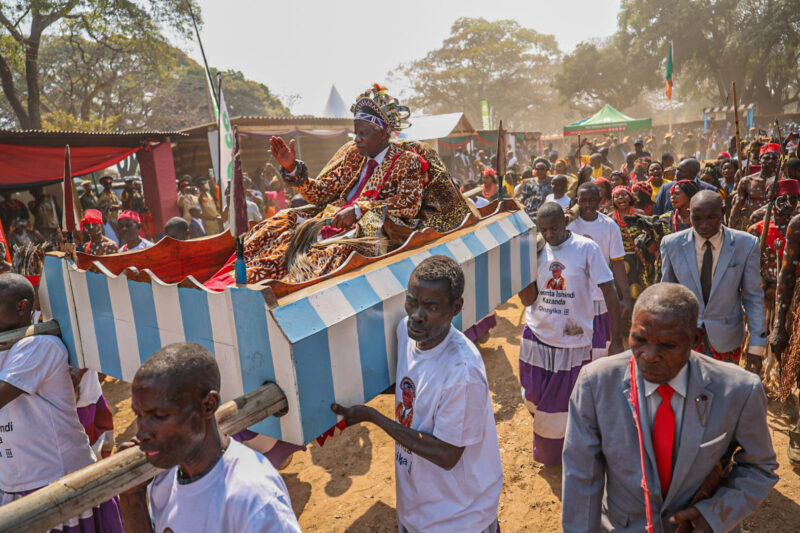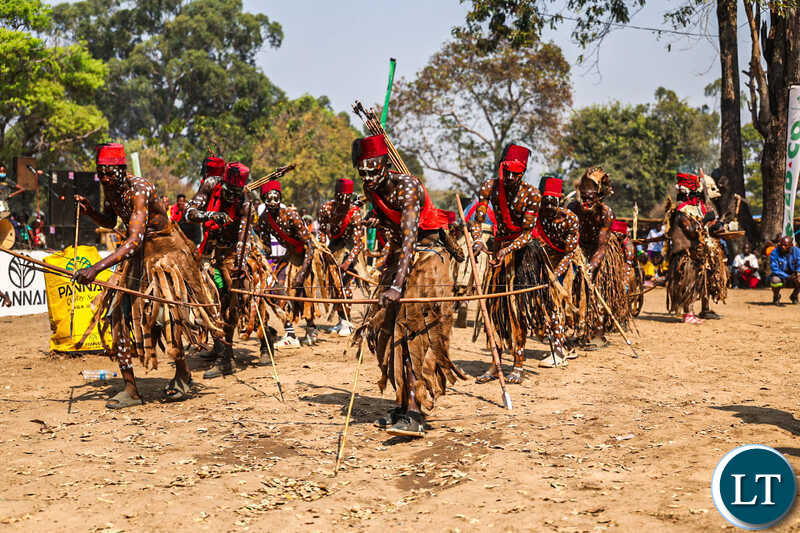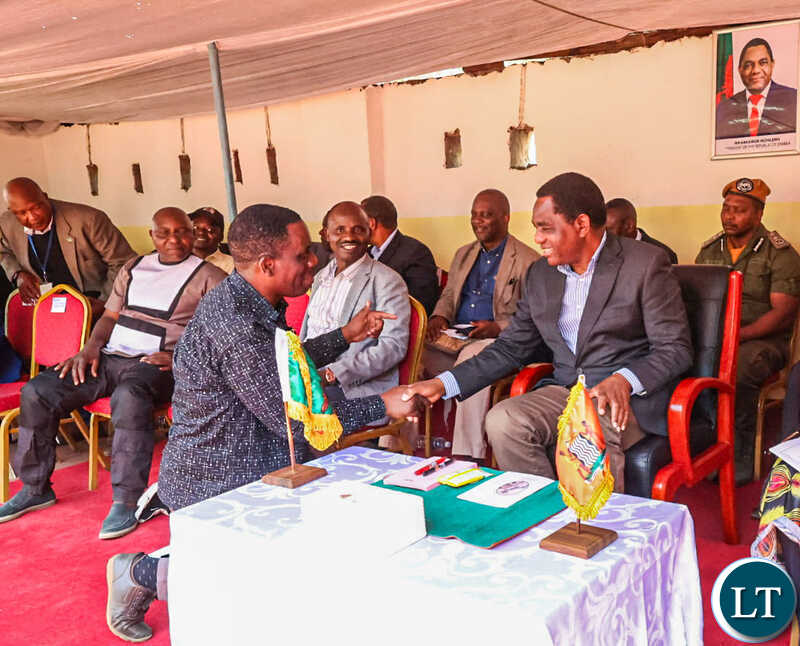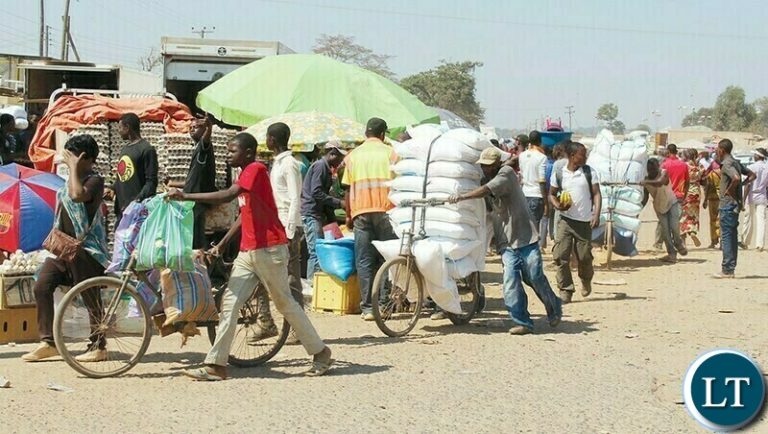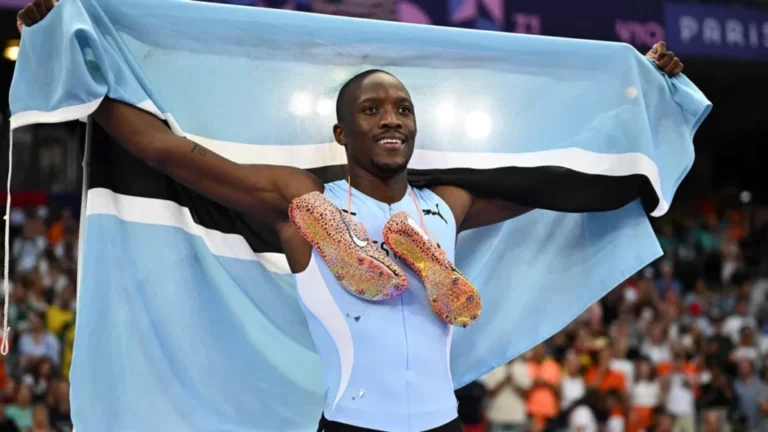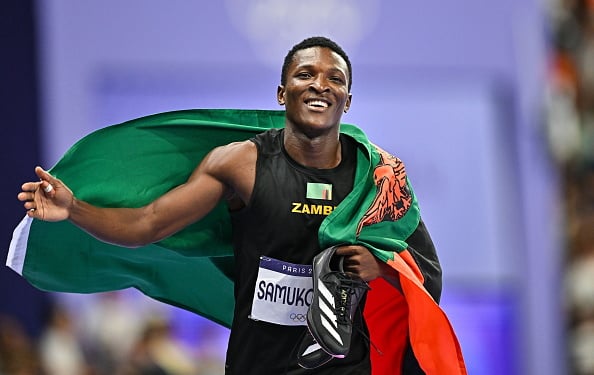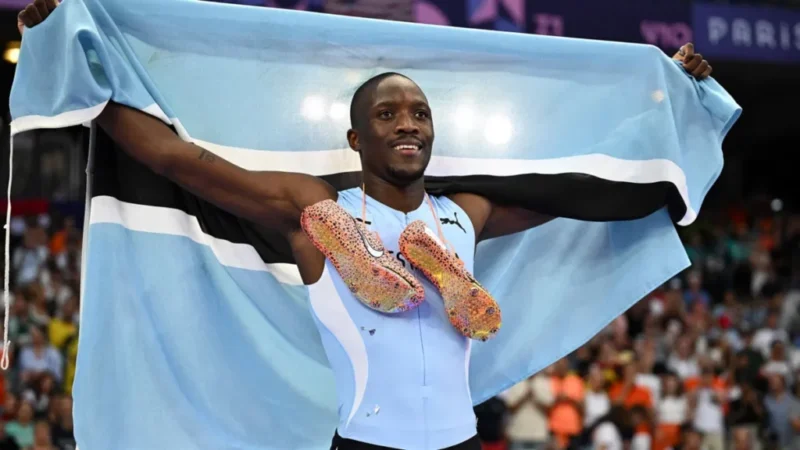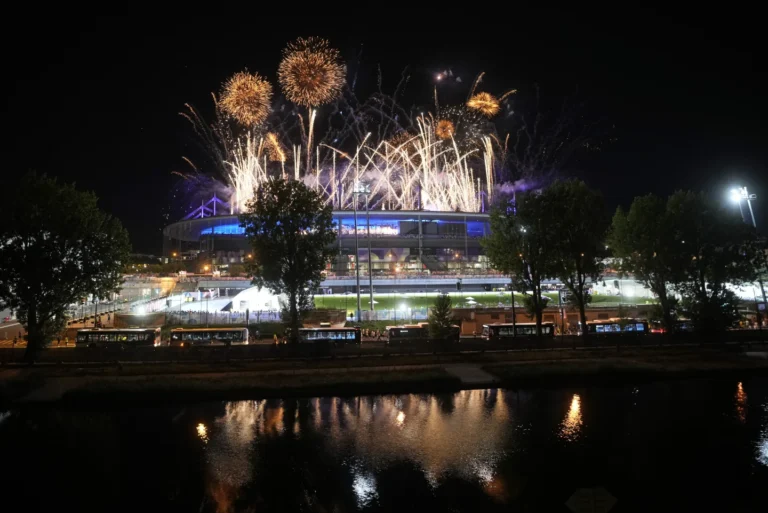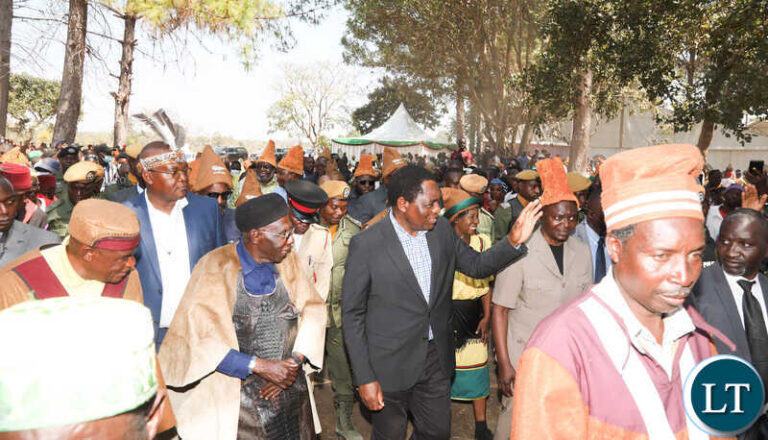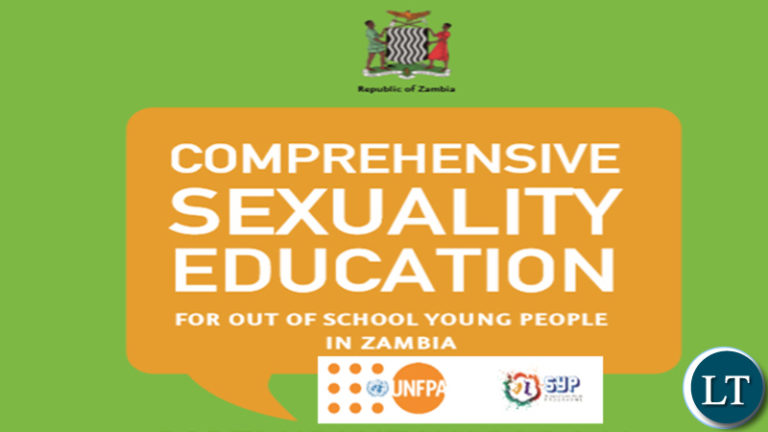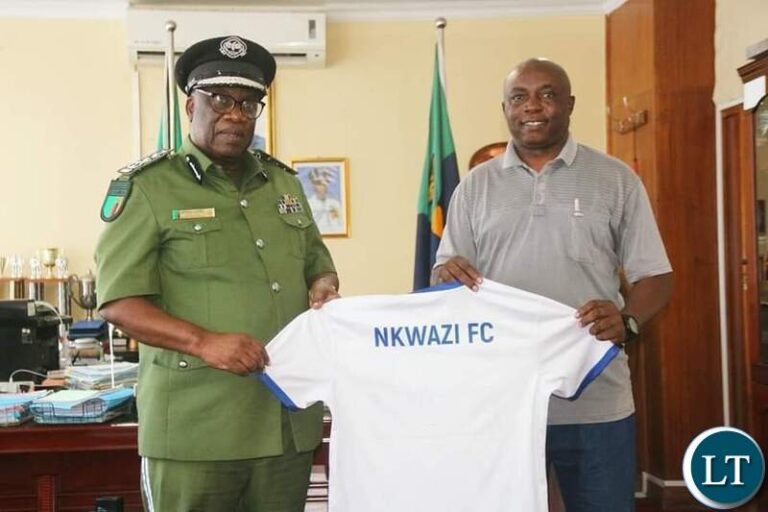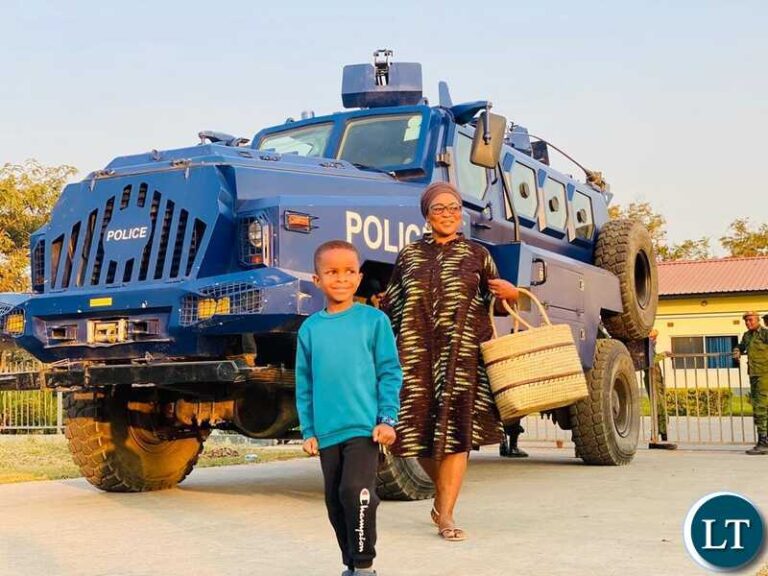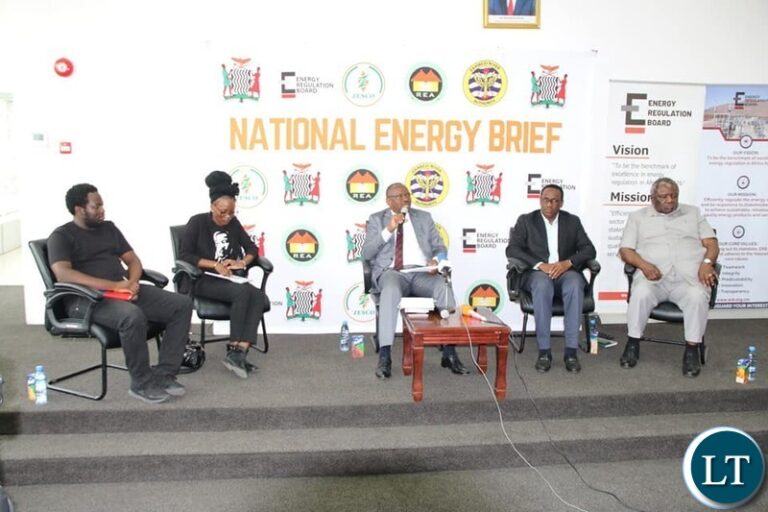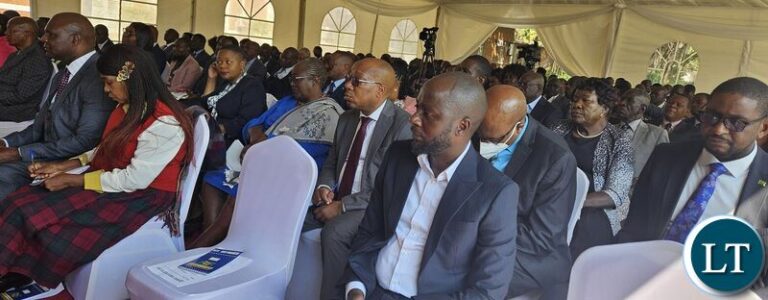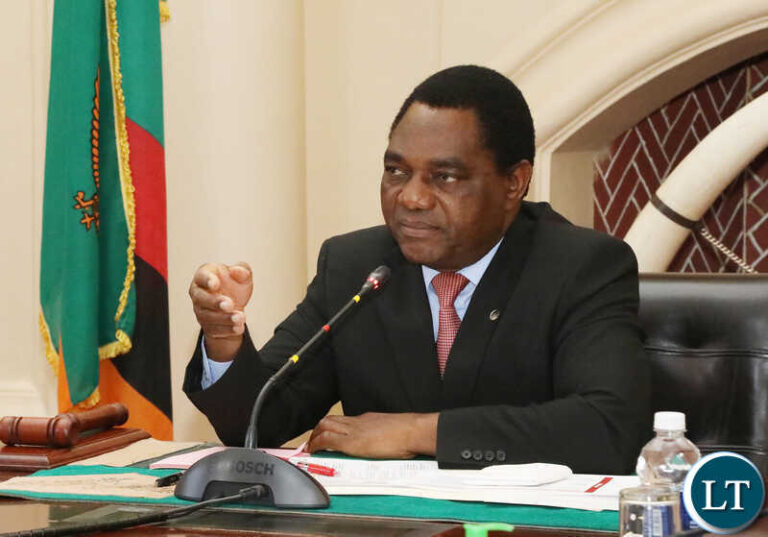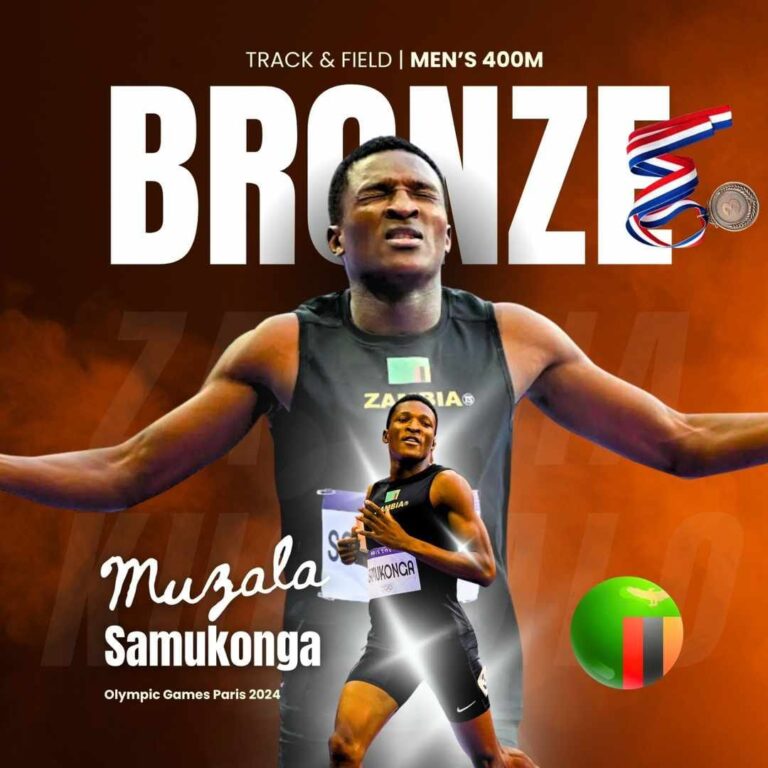Should President Hakainde Hichilema be given more time to fight corruption? Corruption is not a politics-free issue in the country so expect biased answers to questions like this.
It doesn’t mean Zambians should stop asking questions like this. Because the question can potentially attract public debate, it is worth asking. Debate is key in dealing with complicated issues and corruption is no exception.
“You can’t root out corruption in two years eleven months because you find a fiber of people; a number of people who have grown up thinking that corruption is the way to go,” Hichilema told attendees at the Zambia National Service (ZNS) Officer Cadets commissioning parade in Kafue district on July 19, 2024.
Hichilema is known for using technical language to speak. On this, it is easy to tell his direction. Hichilema is lobbying for more time to fight corruption in the country. That is what drives the above question. Should he be given more time?
Hichilema is right. Corruption in the country is too deep-rooted to be rooted out in three years. However, giving the United Party for National Development (UPND) administration more time to fight the vice wastes time and resources.
On Friday, August 19, 2022, during a live interaction with the public on Hot FM radio at State House in Lusaka, Hichilema revealed he still maintains interest in his businesses. This implies that Hichilema has clients and obvious business partners, which means he is not free from conflict of interest. Hichilema may be clean, but obviously, not all his clients and business partners are.
Punishment is inevitable in the fight against corruption. For a successful fight, all corrupt acts must be punished. Because Hichilema is not free from conflict of interest, he can’t punish every corruption act. This is evident in the way the president is struggling to handle some corruption scandals in the country.
Meanwhile, Hichilema has fired the interred board of the Anti-Corruption Commission (ACC) following Dr. O’Brien Kaaba’s allegation that the ACC is corrupt. Dr. Kaaba is a constitutional law professor at the University of Zambia and also a senior research fellow at Saipar. He is a former ACC Board member.
He had advised Hichilema to get rid of the now-dissolved ACC board in the article Three Things That Have Gone Wrong with the UPND Government’s Fight against Corruption and What the President Must Do.
It is the first time Hichilema has listened to advice in the fight against corruption. To some, it implies the president is getting tough on corruption. He should be given more time to fight the vice. To me, and definitely to many others corruption has mutated to an advanced and sophisticated level. Hichilema should step down for the right person to come and fight the vice. Someone free from conflict of interest. One who is capable of declaring assets and liabilities annually for others to follow.
Politicians in Zambia beat other groups when it comes to corruption scandals. It implies they believe they cannot make it in politics without corruption. To win the fight against the vice this kind of mindset needs to be changed.
There is a need to instill a culture of integrity, transparency, and accountability into politicians. It starts with encouraging them to willingly publicly declare assets and liabilities annually. Not once, not twice, but several times people have advised Hichilema to publicly declare assets and liabilities. The president has refused to do so hence hindering the very purpose.
It doesn’t mean Hichilema doesn’t know the importance of publicly declaring assets in the fight against corruption. He is not free from conflict of interest, which makes refusing to publicly declare assets and liabilities the best choice for him. Unfortunately, it makes Hichilema appear to be trying to hide something. It makes him a corruption suspect. and because of that he doesn’t deserve more time to fight the vice.
What do you think? Should President Hakainde Hichilema be given more time to fight corruption in Zambia?
By Venus N Msyani


